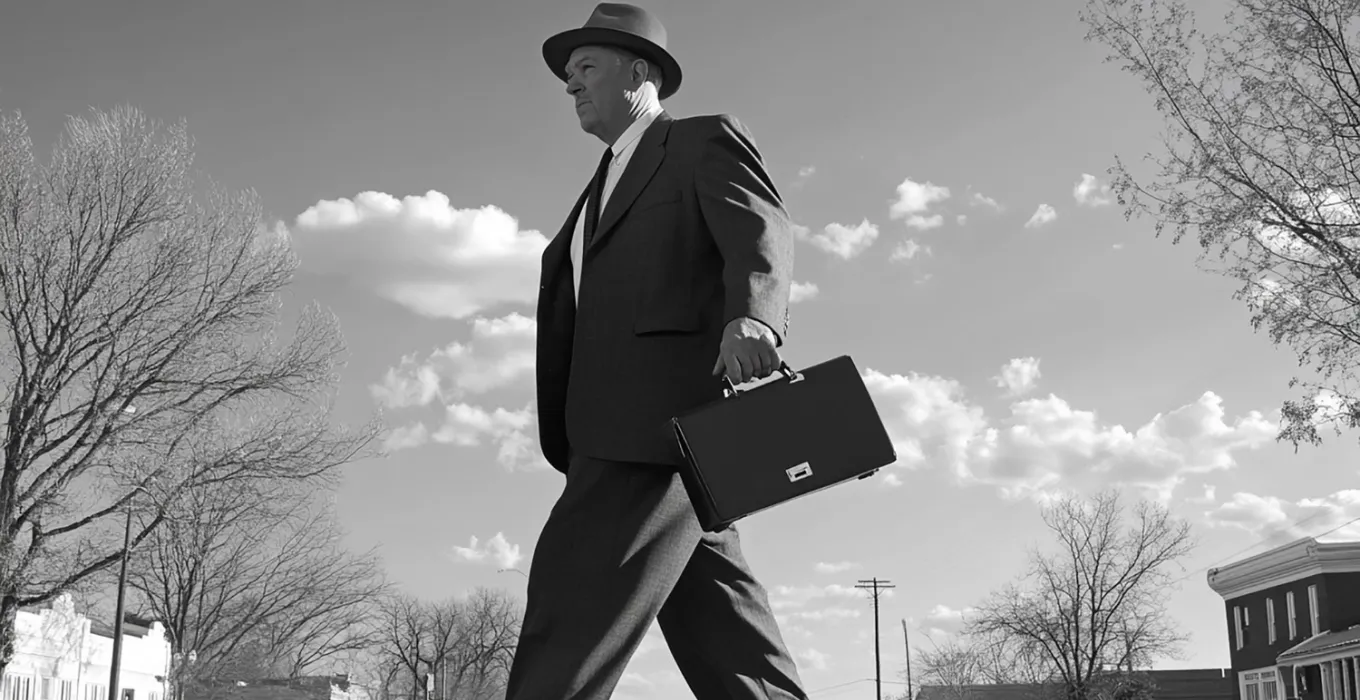Starting A Business In Retirement

As I got older, the notion of reporting to someone or a board of directors became less and less appealing. As I approached retirement a few years ago, I thought about what it might be like to have my own little business. Could I really do this after 40 years of working for “the man?” I was less interested in another as authority over me and wanted that control to be in my domain. As I thought more about it, questions kept swirling through my mind, such as:
- How much energy do I have to start a new business?
- How many hours per week do I want to devote to this?
- Can I still tie a necktie?
- Why am I doing it? Money? Something to do? Fun? Boredom? A challenge?
What could I sell that people would want? What could I offer that would be fun for me to sell? I have to have fun doing this.
I thought hard about my career helping small business owners wade through a myriad of issues, both business and personal. I have been with owners as they rode the roller coaster toward failure and have seen many more succeed. Over the years, I have been cussed at, praised, consulted about marriage and children, and been a witness to all kinds of challenges and frustrations that owners have. I have had the opportunity to get inside their heads, listen, care and empathize. I have few skills, but being approachable is something I always felt good about.
Could I market this? I started talking to people and was told numerous times that there was something there. A consultant? At first, it sounded kind of icky, sneaky and phony. Would I need brochures and a banker haircut? To experiment, I started reaching out to some businesses I knew, without any plan, or any idea of what to charge, and no real idea of where this may go or not go. My approach was to have conversations without any personal agenda, except to get in front of an owner, ask questions, and listen to their issues.
Most small business owners don’t have many people they can trust, talk to about their deepest issues and feelings. They don’t have a board of directors, and they are so involved in just “doing” that it becomes hard for them to take a step back, take a breath, and dream. That became my role. Get them to pause, step back and see their business from a distance. Find out what their dreams were and help them achieve by structuring a bit of focus.
My way of getting business is to ask my clients, CPAs, bankers and attorneys for referrals. Good old fashion word of mouth. During the course of gaining clients, I have been “fired” when I could no longer help them and I parted ways with them when the owner thought they had all the answers.It was clear for me to move on when a true partnership was not going to happen, and frankly, I didn’t enjoy their company.
Against the advice of smarter people than me, I require no client contract. I tell clients they can fire me whenever they want, and I don’t charge them a ton. I also have no sales or net income goals. This comes with some advantages and disadvantages, but in the end if the client values me, we will continue working together. That has been my experience.
My biggest rule: No more than 15 hours per week in this endeavor. I need to save time for play, volunteering, and just hanging out. It keeps me fresh, though technology is trying to make me old and ancient. I try to turn this around by making my business about conversations, trust, my experiences and helping. I can’t let the old man in. I can still help. Not sure if I am wise in any way, but I have certainly seen a lot over the years.
If you ever thought about starting a business in retirement, it can be done. Make sure if you go this route, it is on your terms.








